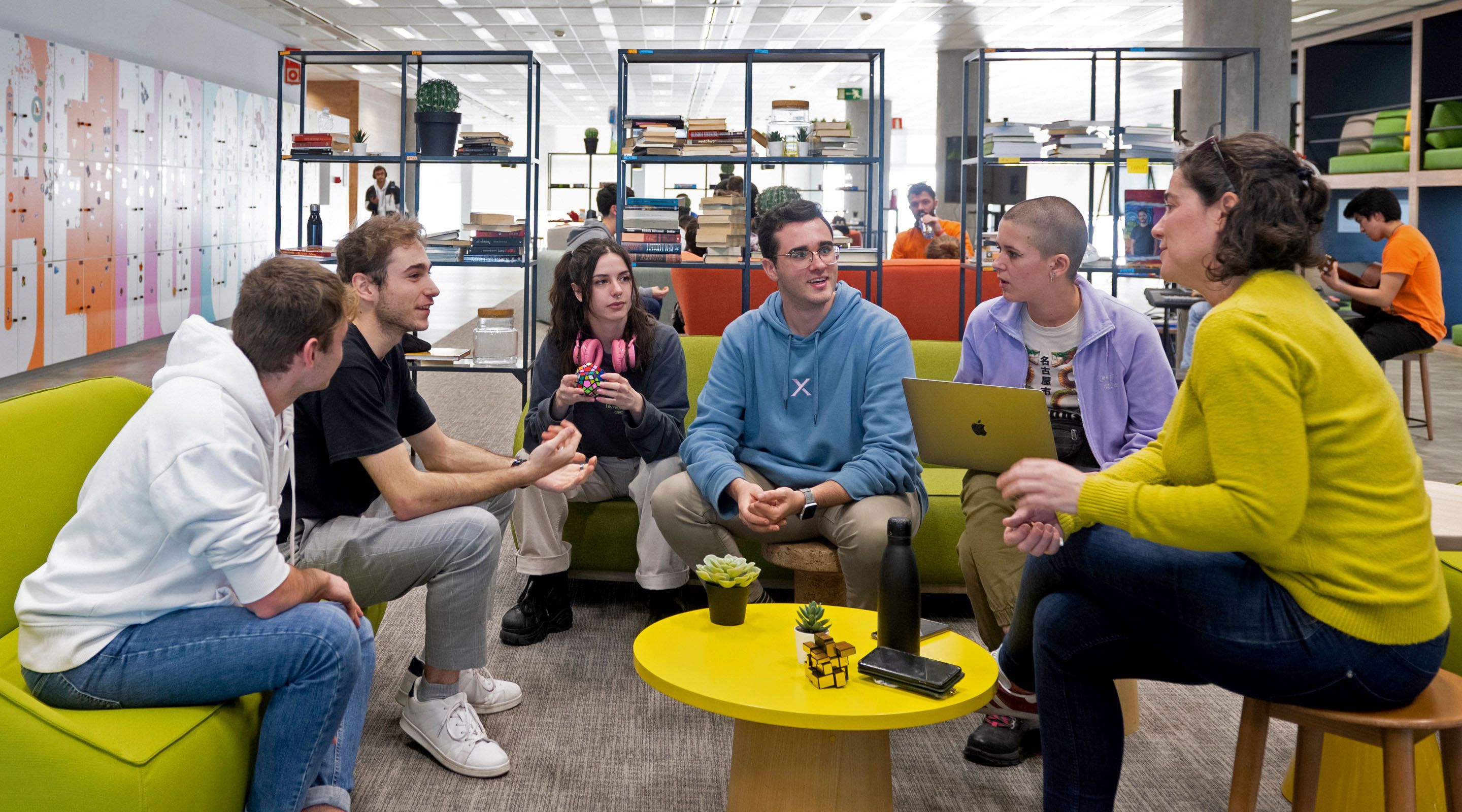
2019
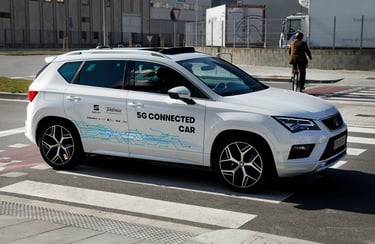
We launched a new plan to grow sustainably in the long term, focusing on four markets: Spain, Brazil, Germany and the UK. In addition, we successfully launched the first green bond for €1 billion.
The new Telefónica, ready for another 100 years
01
In November Telefónica announces a new roadmap, a new action plan to grow with a long-term sustainable model, which includes five key decisions: • Focusing investment, resources and growth on the Company’s four most important markets: Spain, Brazil, Germany and the United Kingdom. • Creation of two units: Telefónica Tech, to bring together digital businesses with high growth potential and accompany other companies in their digital transformation. And Telefónica Infra, which, with 50.01% of Telxius as its first asset, incorporates the shareholdings in communications infrastructure vehicles. • Operational spin-offs in Latin America (all except Brazil) with the fundamental objective of attracting investors and achieving synergies with other market players. • Redefinition of the corporate centre, focusing on activities that provide a differential value to the rest of the units and allow the value of scale to be captured. These five keys have guided Telefónica in recent years, closing some of the most important operations in its history, such as the merger of O2 and Virgin Media in the UK; evolving at full capacity, even in the complex context of a pandemic, or with Telefónica Tech growing at double digits, among other achievements that show the consistency of this strategic plan.
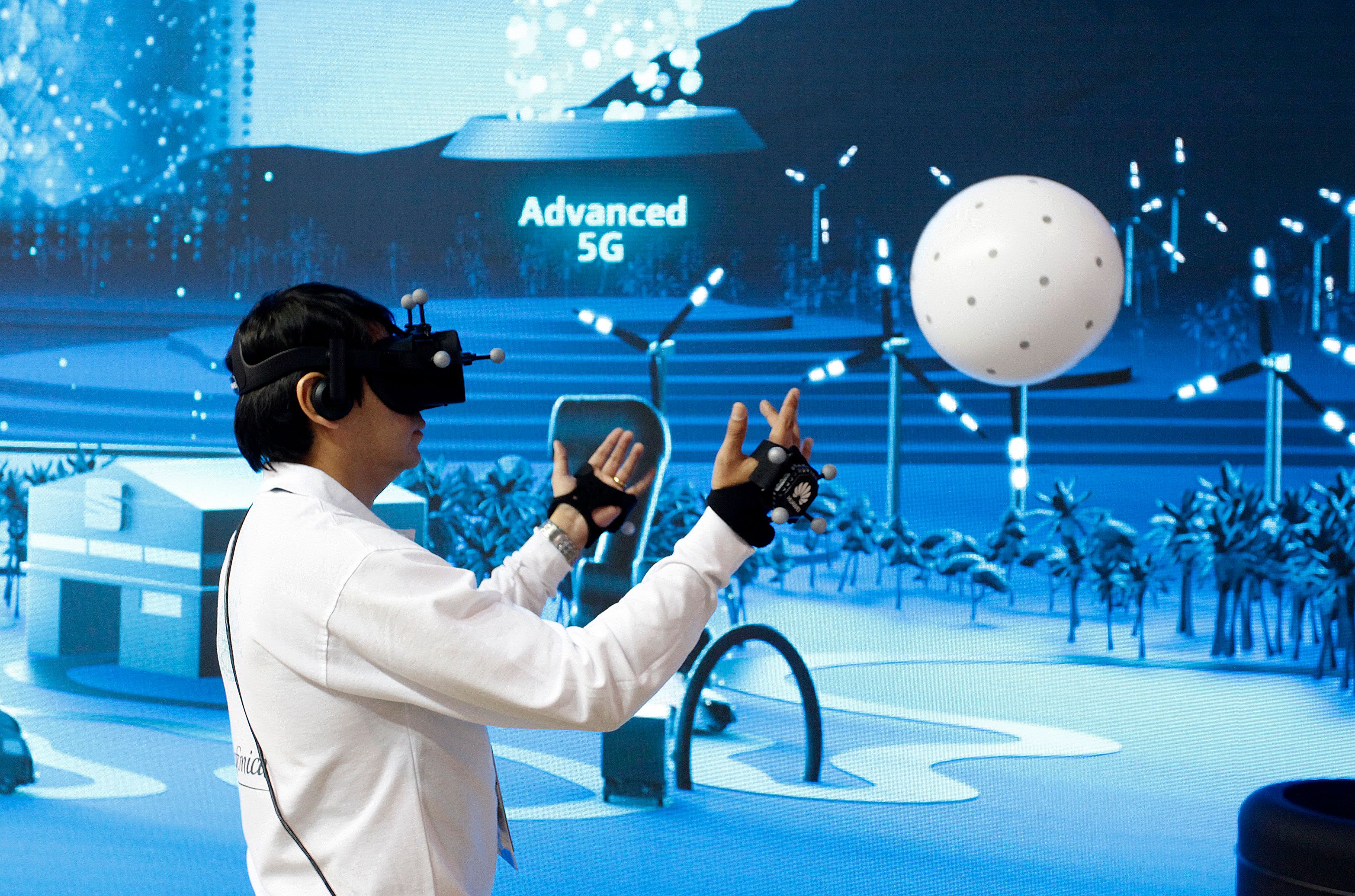
First green bond in the sector
02
At the beginning of the year, Telefónica successfully launches its first green issue, for an amount of 1 billion euros and a term of five years. The ground-breaking transaction, the first in the telecommunications sector, follows the market launch of the company's sustainable financing framework. With this green bond, Telefónica takes a further step in integrating sustainability into its business strategy, and it will not be the last. In the following years, we launch other issues that with the funds raised, the company finances or refinances projects with positive environmental and social impact in Spain, Germany and/or Brazil, contributing to Sustainable Development Goals (SDG) 9 (build resilient infrastructure, promote inclusive and sustainable industrialisation and foster innovation), SDG 8 (promote inclusive and sustainable economic growth and employment) and SDG 7 (ensure access to affordable, safe, sustainable and modern energy for all).
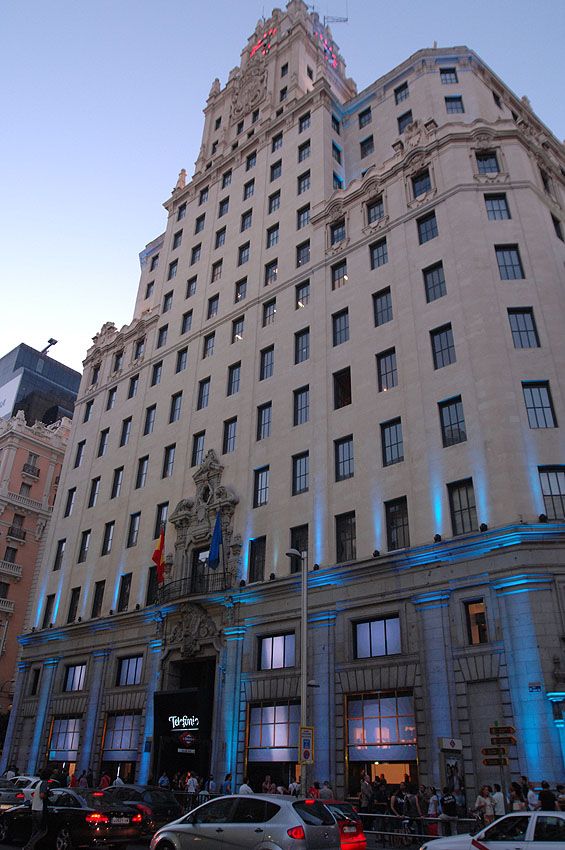
Ready for 5G
03
In 2019 Telefónica was already talking about 5G and we were getting ready to switch on this network, one year later. Thanks to the UNICA project, announced in 2014, and which in 2018 Telefónica is deploying in 11 countries and two global centres, we are carrying out an end-to-end virtualisation of the network, so that it has maximum capacity and reliability. For Telefónica, the 5G network is much more than ultra-high speed, minimum latency or high density of simultaneous connections. Having the best network is essential to fulfilling our mission: to make our world more humane by connecting people's lives.
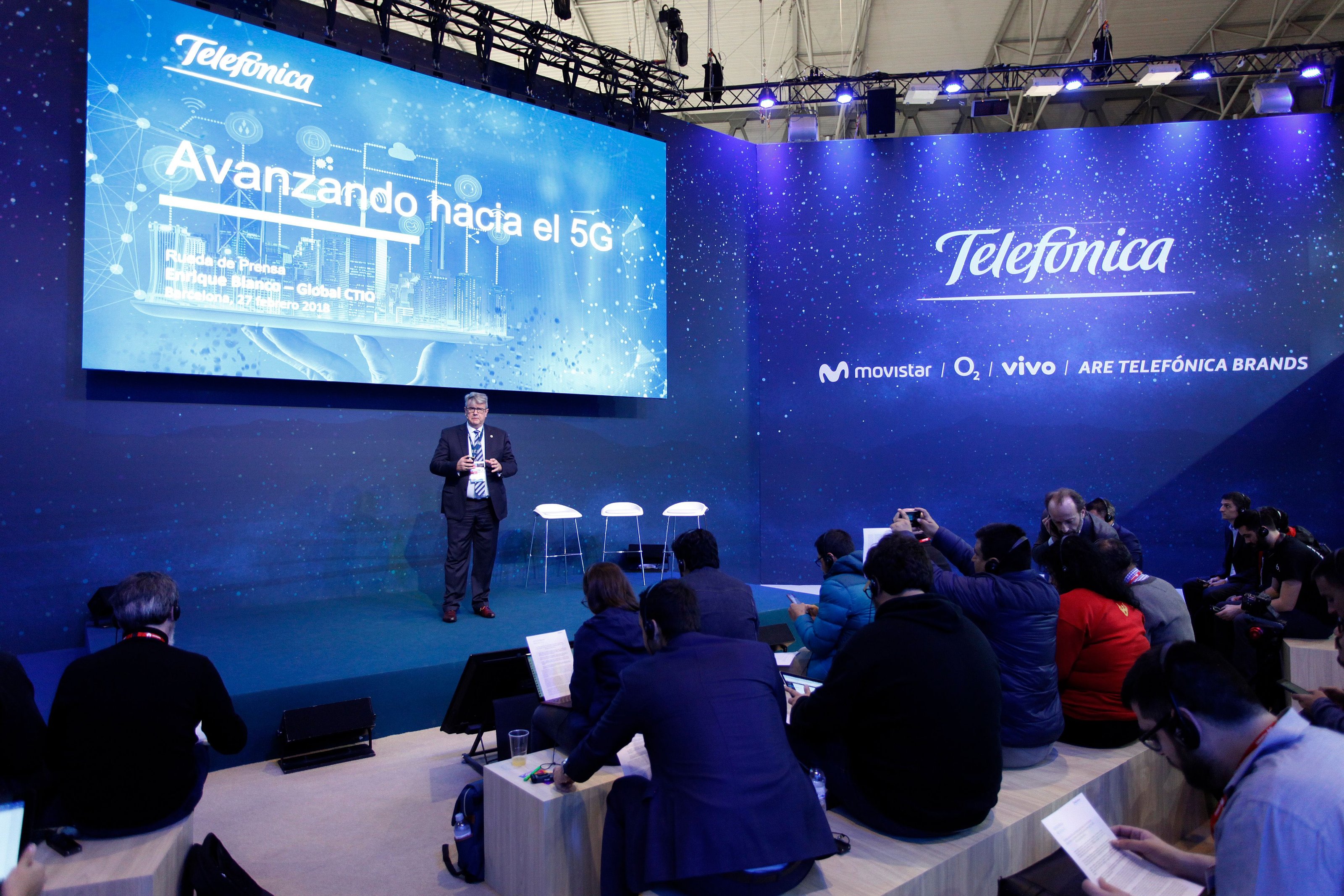
We bring 42 to Spain
04
Fundación Telefónica brings to Spain in 2019 one of the most innovative programming campuses in the world. On 2 September, the first campus opens its doors in Madrid, in the Telefónica District: no classes, no books, no age limit, open 24/7 and free of charge. A pioneering pedagogical model based on peer-to-peer learning and gamification, where each student advances at their own pace and has a 100% employability rate. Born in Paris in 2013, 42 has become an international reference in digital skills: big data, cybersecurity, blockchain video game development and artificial intelligence. After Madrid, Telefónica is promoting campuses in other parts of Spain, through public-private partnerships in Urduliz-Bizkaia (2020), Barcelona (2021) and Malaga (2022). Worldwide, there are currently 50 campuses in 26 countries and more than 17,000 students.
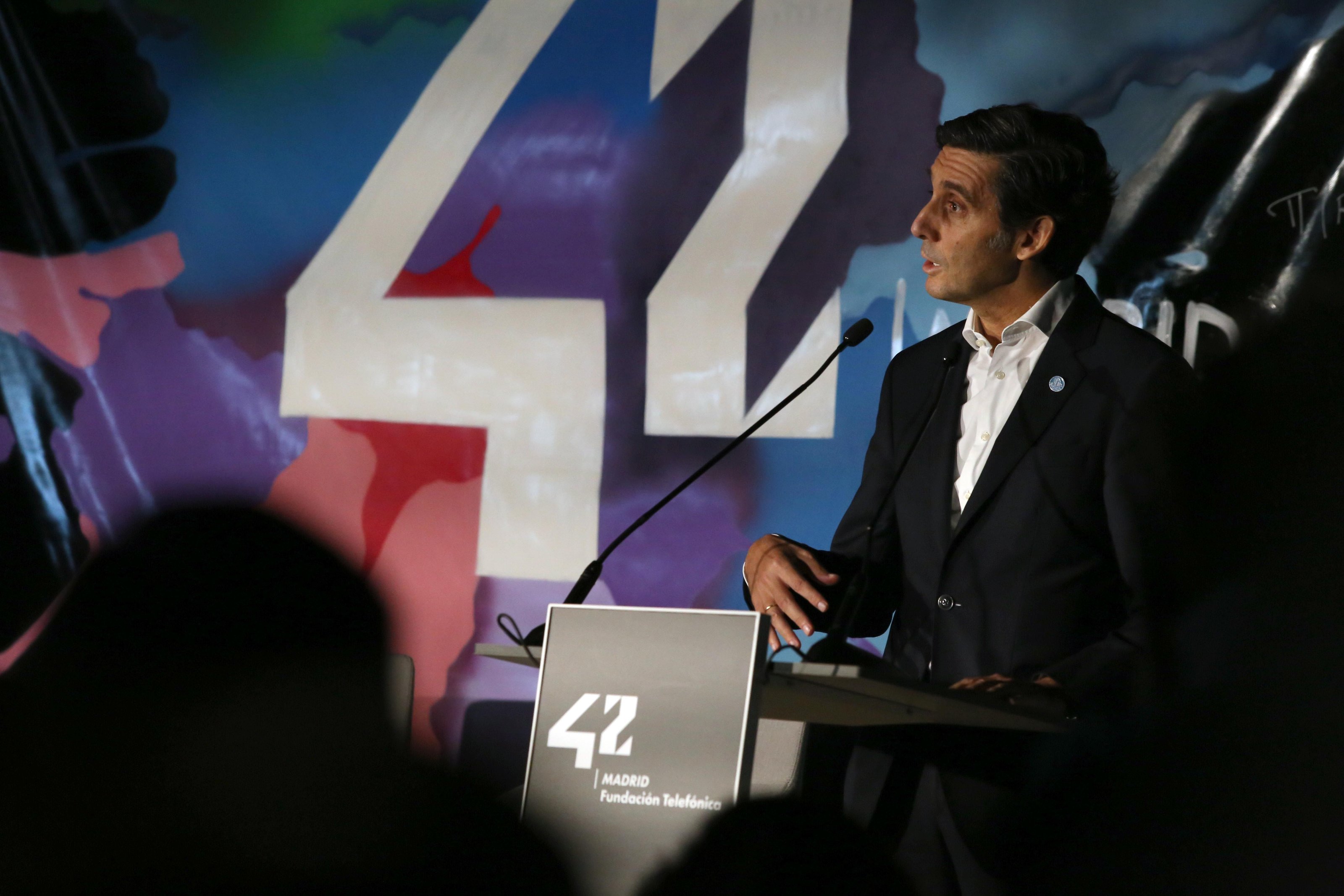
At Telefónica we believe its people that give purpose to technology
You must accept all cookies to see this content
Do you have doubts about what happened?
Ask Aura